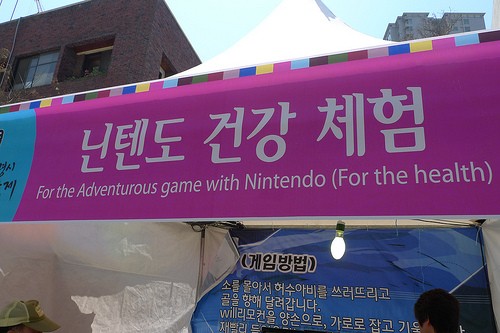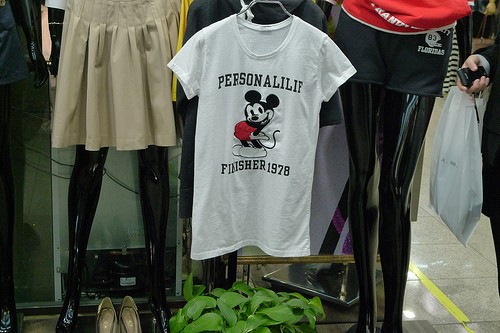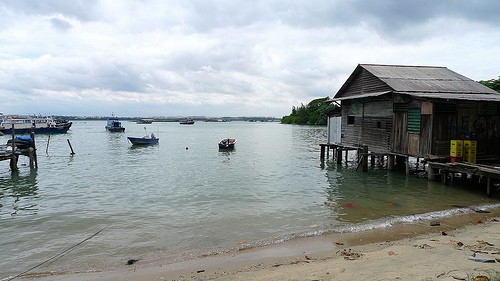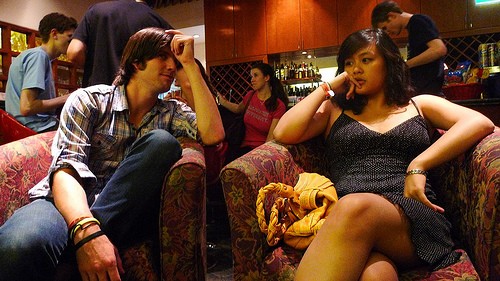Most people are familiar with the meaning of the phrase “Engrish,” which commonly refers to signs poorly-translated from East Asian languages into English. Recently, a lot of the problems associated with Engrish have been compounded with the rise of online translators. Usually, translators don’t take syntactical nuance of a language into account. Translators usually result in Chinese, Japanese or Korean syntax with English words. It’s as confusing as it sounds.
“Konglish,” the mixing of English and Korean (and somewhat similar to Spanglish or Singlish), is common in Korea. It can refer to poorly-translated signs, but it mostly refers to the borrowing of English words and making them Korean. Because the written language of Korean is phonetic, borrowed words occur frequently.
The best examples are:
버스 – Bu-se-uh = Bus
커피 – Ko-pi = Coffee (This is similar to Malay and Bahasa Indonesian.)
There’s a long list of words in Korean that are simply just Korean-izing English words.
The best examples are movie names:
아바타 = Ah-bah-tah = Avatar.
Sometimes Konglish doesn’t work that well. For example, in Daegu, I saw this sign at a Oriental Medicine fair:
For the Adventurous game with Nintendo (For the health)
I know you are thinking: what the hell does that mean? The literal translation from Korean, which actually makes more sense is “Nintendo Health Experience.” Instead, it was turned into a translated sentence that its makers thought would make it clearer to an English reader. This is a common issue. Sometimes the direct translation works, sometimes it doesn’t
The other use of Konglish is in style and clothing. In Korea, clothes are made two ways. Either they are dress clothes with no logos or brands or they are casual wear with random English words. Sometimes they have slogans, other times they have no meaning. It’s kind of like the opposite of Chinese character tattoos that were popular in the U.S. a few years ago.
For example:
Guilty Parties, Killer Tunes, Broadcast, Shake Alady.
I think I knew what they were trying to get at. “Parties with great music are fun,” is something I think they are trying to say.
Personalifif – Finisher 1978
This one is my favorite because it doesn’t make any sense. I got the impression the previous shirt was more about partying, good music and good times. This one is a whole new category. First of all, of there are no actual words being used. I’m guessing “personalilif” is supposed to mean “personality” and “finisher” is supposed “finished.” Even then, even if they are spelled right, it still wouldn’t make since. Why is Mickey Mouse in this picture? Why is the year 1978 on it? I know that 1978 was his 50th Anniversary, but I don’t really think it has anything to do with that.
In summation, Konglish is hilarious when used poorly. At the same time, it makes my life easier when I try to read signs written in Korean only to discover its just a Koraenized English word.
I’ll try to take more pictures of ridiculous signs and clothing whenever I can so I can share my joy with others. Anything other than that in relation to Konglish will probably be boring.





